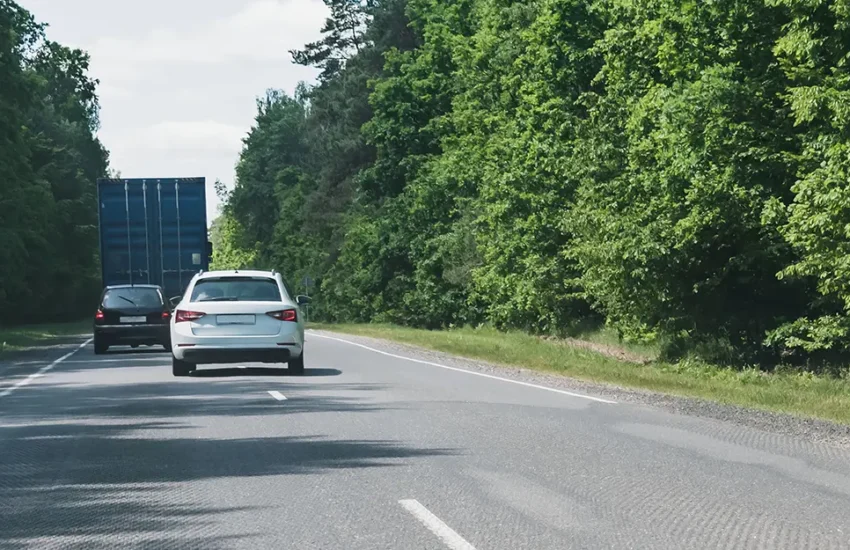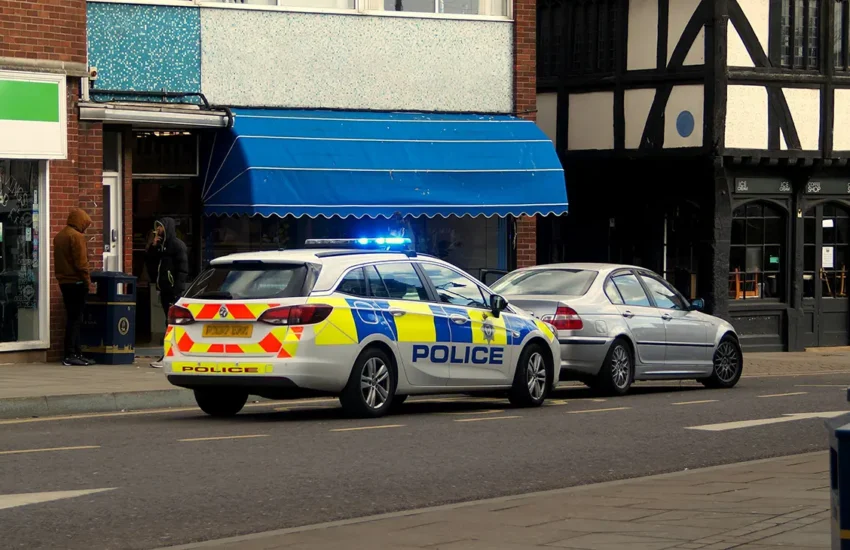The snow this week has brought smiles to the faces of children everywhere but road users may not have been quite so pleased to wake …
Read MoreExceptional hardship arguments
Could an exceptional hardship argument help you avoid a driving ban? Find out on 0115 910 6239.
If you have 12 points on your licence, then you are likely to receive an immediate driving ban of 6 months or more for a first time totting up disqualification. The Court will need to decide whether a ban will be imposed. As a result you may have the opportunity to raise an exceptional hardship argument.
A finding of hardship would be the only way to prevent a driving ban at 12 points. To satisfy the criteria, the hardship must be more than would normally be suffered by you without a licence.
Exceptional hardship cases are presented to the Court. They assess the situation and decide whether the hardship amounts to “hardship which is beyond that normally suffered”. In terms of losing a job due to the driving ban this will not automatically amount to exceptional hardship.
Nevertheless, if the implications from the loss of employment are great enough – or they affect others – then there may be a case.
Each case can be interpreted differently. So it is essential to seek legal advice before preparing any submission. Read our FREE Guide.
We’re experts in this area and we hold an enviable record of success. We can help in persuading the courts not to disqualify motorists with 12 or more penalty points, and our solicitors and barristers work hard on your behalf to win your case.
Free Initial Consultation
To find out more about exceptional hardship and to give you the best possible chance of avoiding a totting up ban please call our specialist motoring solicitors on 0115 910 6239 or fill in the form.
Frequently-asked questions about driving bans and exceptional hardship
What happens if I get 12 or more penalty points on my licence?
If you get 12 penalty points or more in a three year period, you will be banned from driving for a minimum period of six months. A summons from the Magistrates’ Court will be delivered to you telling you to attend.
Should you get a second disqualification within 3 years, you will be banned from driving for at least 12 months. If you get a third disqualification, you will be banned from driving for a minimum of 2 years.
For drivers who have only been driving for 2 years, your license can be cancelled if you get 6 points or more. This will require you to reapply for a new provisional licence and pass both your theory and practical tests again.
What is totting-up?
Totting up is when a driver gets 12 or more penalty points on the licence by committing multiple motoring offences over a three year period.
For example, a driver might have been caught speeding four times in three years. Each offence received three penalty points. When each offence is added up, it would amount to 12 penalty points.
As a result, the driver would be facing 6 months disqualification from driving.
What is exceptional hardship?
Exceptional hardship is an argument that you can submit to a court to avoid a driving disqualification when you get 12 or more penalty points.
The purpose of being disqualified for 6 months after totting up 12 or more points is to provide a serious consequence for multiple motoring offences.
However, if you having your driving licence removed will negatively impact you, or others, in ways that are beyond the expected consequences, you can submit an application for exceptional hardship.
Can exceptional hardship get me out of a driving ban?
Yes. If you are able to convince the courts that you receiving a driving ban will provide exceptional hardship to either yourself or others, then you can get out of a driving ban.
The courts have the option to either reduce your disqualification period or remove it entirely.
However, if you continue to commit further road traffic offences within a 3 year period, you cannot rely on the same exceptional hardship reasons as previously used. Therefore another exceptional hardship argument must be used.
Do I need to seek legal advice?
There is no requirement for you to seek legal advice if you are facing a totting up disqualification. However, making exceptional hardship arguments can be complex.
Consideration is given on an individual basis if a hardship argument applies. There is no written documentation or guidelines given on what is considered an exceptional hardship is and what it is not.
This gives courts flexibility to determine each case on its own merits and circumstances. In other words, just because one person’s exception hardship argument was successful, does not mean that if you make the same argument it would be successful.
For example, the potential of losing your job as a result of a driving ban is not usually considered exceptional hardship. However, if your job requires a high level of importance to the health or safety of the public, it may be enough of a reason to persuade the court.
It’s the small important details that often help make a strong exceptional hardship case. An experienced lawyer who has built and won multiple exceptional hardship cases can help spot the details that could mean your argument is successful.









